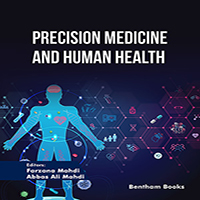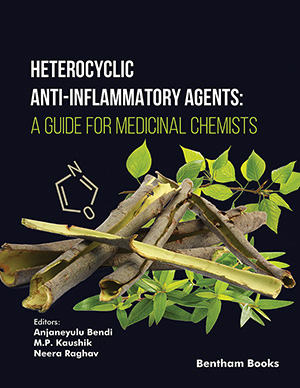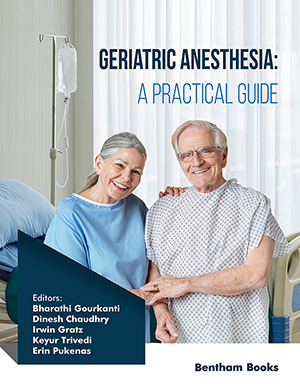Abstract
Aim: The study investigated the relationship between Determining the Factors Related to Maternal-Fetal Attachment in Pregnant Mothers with Maternal-Fetal Attachment.
Background: Demographic policies in Iran emphasize population, fertility, and maternal health. Maternal-fetal attachment (MFA) is a term used to describe conditions that help the mother cope with the physiological changes during pregnancy. MFA contributes significantly to the future health of mother and child. Thus, it is essential to identify the nature of maternal-fetal attachment during pregnancy, when women need to prepare for and adapt to childbirth. The present study was conducted to determine the factors related to maternal-fetal attachment in pregnant mothers of Arak City.
Objective: The study investigated the relationship between obstetric-demographic factors, emotional intelligence, marital satisfaction, and domestic violence with maternal-fetal attachment.
Methods: The present cross-sectional study was conducted on 177 pregnant mothers with a gestational age of 37-40 who were referred to health centers in Arak, Iran, for pregnancy care in 2022. Five questionnaires, including an obstetric-demographic questionnaire, Cranley's Standard Mother-Fetal Attachment Scale, Schutte Self-Report Emotional Intelligence Test, ENRICH marital satisfaction scale, and HITS domestic violence questionnaire, were used to measure the factors related to maternal-fetal attachment. Data were analyzed using SPSS21 software and descriptive and analytical statistics, including frequency distribution, Pearson correlation, t-test, Chi-square, Analysis of variance (ANOVA), and Multiple Logistic Regression model.
Results: The mean of age women and age of husbands was 29.07± 5.88 years and 32.93± 5.28 years, respectively. The mean maternal-fetal attachment score was 88.12± 15.76. The mean of the emotional intelligence, the marital satisfaction and, the domestic violence was 4.71± 2.81, 121.88± 17.30, 37.86± 7.25, 6.54± 3.35, respectively. The interval between the current and the previous pregnancy had a range of 1-7 years and a mean of 4.71± 2.8 years.
There was a positive significant correlation between the maternal-fetal attachment score and the interval between the current and the previous pregnancy (r=0.22, p=0.02),
There was a positive significant correlation between the maternal-fetal attachment score and the emotional intelligence (r=0.31, p=0.001) the marital satisfaction (r=0.25, P=0.001). There was a negative significant correlation between the maternal-fetal attachment score and the domestic violence (r=-0.26, p=0.001
Conclusion: Identifying attachment-related factors helps the health staff carry out the necessary training and preventive measures to increase maternal-fetal attachment, especially in high-risk parents who need more care.
Keywords: Reproductive health, Maternal-fetal attachment, Marital satisfaction, Emotional intelligence, Domestic violence, Pregnant mothers.






























